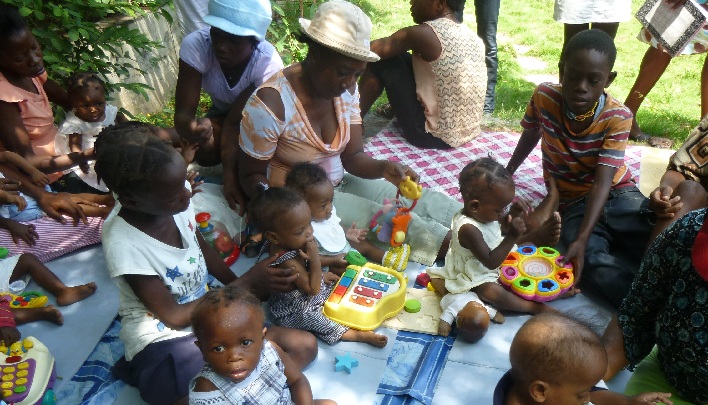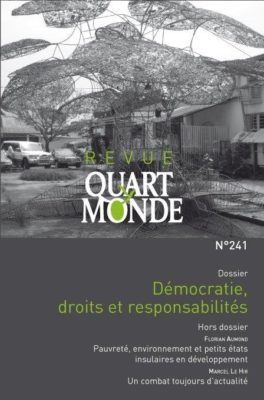Stepping Up in an Emergency | Isabelle Pypaert Perrin

By Isabelle Pypaert Perrin

The streets, the shelters, the crisis centres of Dublin: Pamela knows them all too well. She grew up in these places along with her brothers and sisters. Not long ago, however, Pamela achieved a huge victory. She and her partner obtained permanent housing. Now they can live together with their children.
Soon after moving in, they invited a nephew who was homeless to stay with them, and then a sister whose children were in an institution. According to the housing department, that was not appropriate. Pamela’s contract forbids anyone else living in their home. The housing authorities insist the apartment is too small and more people make life too complicated.
The housing department expects Pamela’s family to pay rent and maintain the apartment. But Pamela has her own priorities. She considers her nephew and sister to be part of her family and she feels responsible for them. How could she let them risk their health and their lives by sleeping outside without a roof over their heads? She knows that applying for housing will take them a long time so she did not hesitate to invite them to stay with her. This might seem rash or wilful. But it should also make us ask ourselves:
Where do our priorities lie? Should we abide by the legal constraints of the services we receive? Or should we make sure that other people do not suffer? What Pamela did asks an interesting question. Do we really appreciate the way that people in poverty can feel responsible for one another?
This also makes me think about Mérita in Haiti. She used to worry all the time about the children in her neighbourhood who fail at school almost as soon as they start. One day, she saw ATD Fourth World workers walking around her neighbourhood with books, paper and pencils for children’s activities. She invited them to work with children in the yard of her small home on the side of a hill, in the heart of the shantytown where she lives. Over the years, this effort has grown into a full preschool that children attend regularly. The preschool supports Haiti’s goal of providing schooling for all children from an early age. The preschool also embodies the dreams and struggles of parents who have known nothing but endless deprivation and personal crises.
Both Pamela and Mérita feel responsible for not giving up on anybody. If only we could walk in the shoes of people who have to struggle each and every day against poverty. If we did so, we might see that achieving human rights for everyone means feeling responsible for the fate of other people and joining their own efforts to improve their lives.

This editorial is published in the Fourth World Magazine, number 241, “Democracy, Rights and Responsibilities” (in French only).

